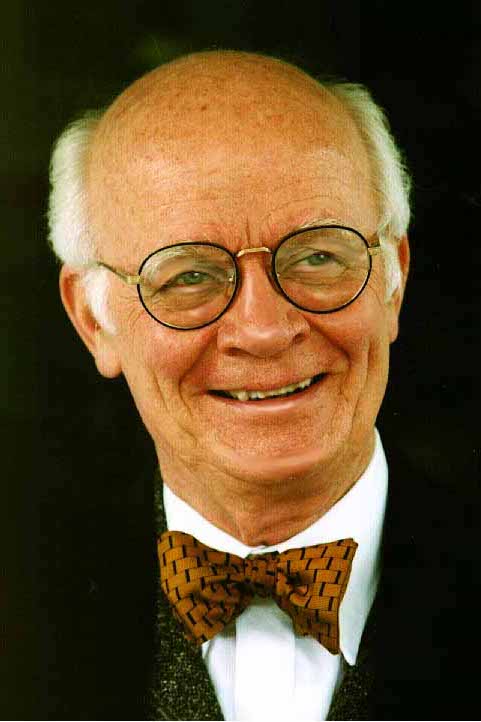Columnist David Kuo’s book Tempting Faith will rival, on a smaller scale, Bob Woodward’s State of Denial as a disturber of the peace. “Smaller scale” does not mean “small scale,” since its accusations and revelations refer to the way the cohort of evangelical supporters and promoters who have determined recent elections have been taken and used by politicians. Many claims of the book became public over the weekend, but here’s a review.
David Kuo is as well positioned as anyone to give behind-the-scenes views of how the “elites” in the administration in Washington regard their most faithful and core supporters: “goofy” and “nuts” are among the in-house words applied, says Kuo. He was second-in-command of the ill-fated and “used” “faith-based initiatives,” proposals that one had thought might have some merit. Like his first-in-command predecessor, Kuo has given up on the post, the venture, and the people with whom he was supposed to work. It is too soon to see if some of what he says is distorted or biased because of his hurt, and most of us do not know him well enough to know fully what his agenda is. Like Woodward, however, he names names — and may be even more explicit about sources than was Woodward. And his is also not a pretty story. The key word is this: “used.” The evangelicals were “used” from the beginning, and consistently.
What to think about it all? We will hear soon from the Schadenfreude folk who will be understandably ready to gloat over Christian Right misfortunes. But one might prefer to see this exposé as a lesson that can be part of the maturing on the Christian Right flank. First, such religious politicos may find that they wasted some of their fire on “secular humanists” and “religious liberals,” who were finally learning to take them seriously and often to respect some of them. Evangelicals should have been more mistrustful of “conservative” partners who cynically used them.
More important in this process of welcoming evangelicals to the “Being Used Club” is the chance that they will learn the limits of what “Christian” efforts can achieve in the rough and tumble of politics. Looking back: President Reagan cultivated them in 1980, and they got almost nothing in return. He never went to Capitol Hill to promote legal measures to which he had given rhetorical support (anti-abortion and pro-school prayer, for example). But Reagan’s support has not been exposed as being this exploitative. Now “Welcome to the club!” might be the word from liberal Protestants, Catholics, African American church leaders, and others who, a half-century ago, gave political support but got little yield. You do not have to be a cynic to note that even well-mannered and forthright political forces pick up and drop constituencies and philosophies to advance their goals.
If the Kuo stories stand up to scrutiny and others with experiences like his come forward, the current spiritual muscle-flexers might well turn cynical in frustration. One hopes they will simply become more realistic and less self-assured about what their witness means and what their weight can legitimately achieve. Quid pro quo has not worked for their religious-political predecessors either.
Republished from Sightings with permission of the University of Chicago Divinity School.

The Fairfax M. Cone Distinguished Service Professor Emeritus at the University of Chicago, Dr. Martin E. Marty taught there for 35 years, chiefly in the Divinity School, where the Martin Marty Center for the Public Understanding of Religion was founded and to whose weekly column Sightings he contributed. Ordained a Lutheran pastor in 1952, he served from 1956-2013 as a columnist and senior editor at the Christian Century and authored more than 60 books including Righteous Empire, for which he won the National Book Award; the three-volume Modern American Religion; The One and the Many: America’s Search for the Common Good; The Mystery of the Child; Building Cultures of Trust; The Christian World: A Global History; Martin Luther (in the “Penguin Lives” series); and Dietrich Bonhoeffer’s Letters and Papers from Prison: A Biography.
